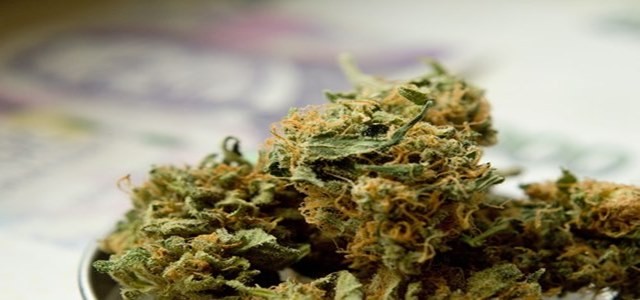
Geb Impact Technology, a Hong Kong-based biotech startup, has reportedly forayed into the rapidly expanding plant-based food industry as a sustainable provider of microalgae-based protein to food producers.
Geb Impact sees a lucrative opportunity in supplying sustainable ingredients derived from microalgae as top plant-based food manufacturers, such as Impossible Foods and Beyond Meat, continue to profit from increased customer demand.
According to James Chang, the CEO and founder of Geb Impact, the startup is able to cultivate that protein sustainably. As such, Chang added that if Geb becomes the go-to product supplier for such food producers with respect to that protein, then the company can practically ensure a limitless protein production.
For the uninitiated, microalgae are essentially single-cell microorganisms that flourish in salt and fresh water through photosynthesis, absorbing carbon dioxide, and generating oxygen. Microalgae are regarded as one of the most viable sustainable food ingredient sources since they do not vie for natural resources or agricultural land as other crops.
Chang claims that a microalgae plantation can yield more than 30 to 50 metric tons per acre, which is roughly 15 times more than soybeans. Chang noted that this can help alleviate the world's intensifying hunger crisis.
According to a United Nations assessment published in July 2021, the pandemic triggered a significant worsening of world hunger in 2020, with roughly one in every three people lacking access to enough food.
As per a September 2021 study by market intelligence company, Global Market Insights, Inc, the global alternate protein industry is anticipated to reach a valuation of $155 billion by 2027.
Apparently, Geb Impact is also looking to use the next two years to raise capital through a series A investment round to buy more equipment and hire new professionals, increasing capacity by scaling production to obtain industrial levels.
Source credit: https://www.scmp.com/business/companies/article/3151035/hong-kong-start-geb-impact-looks-scale-microalgae-cultivation




